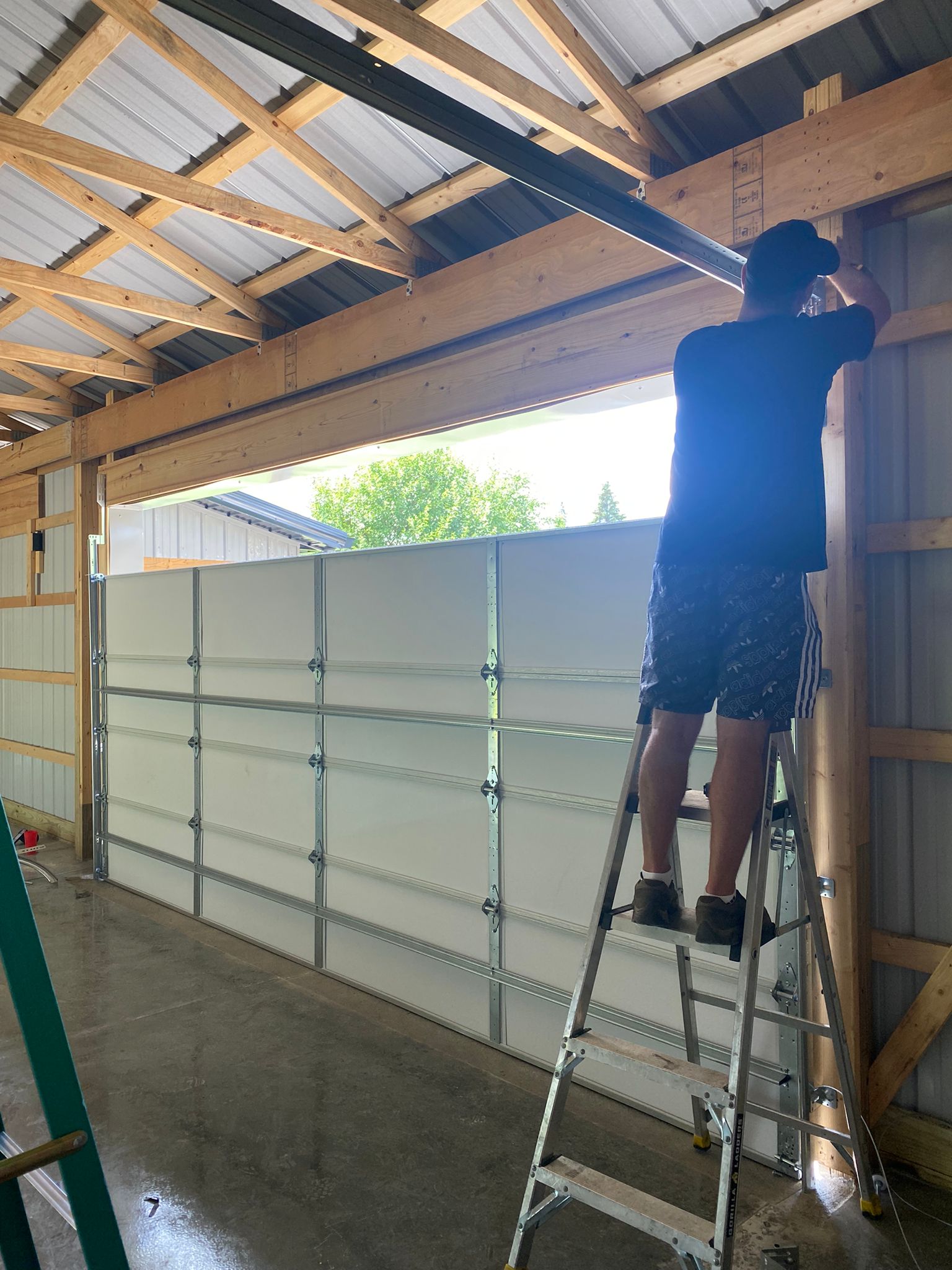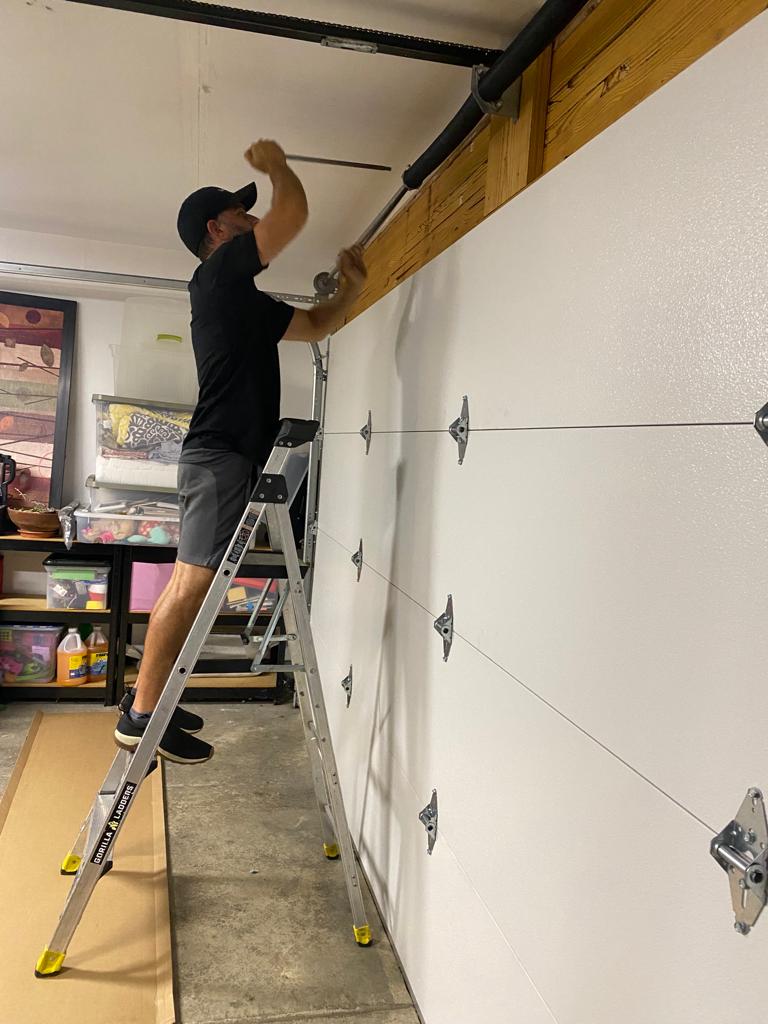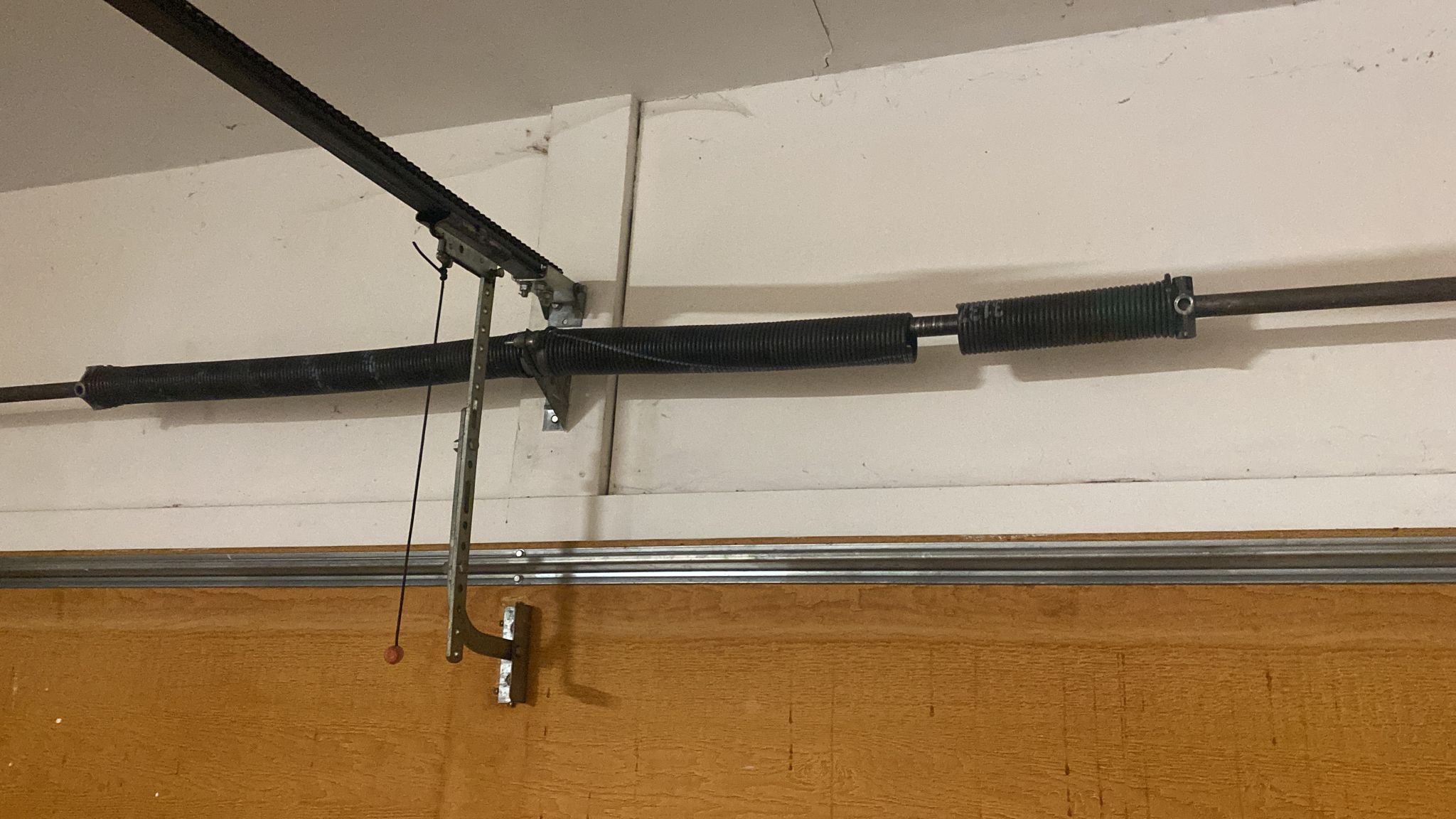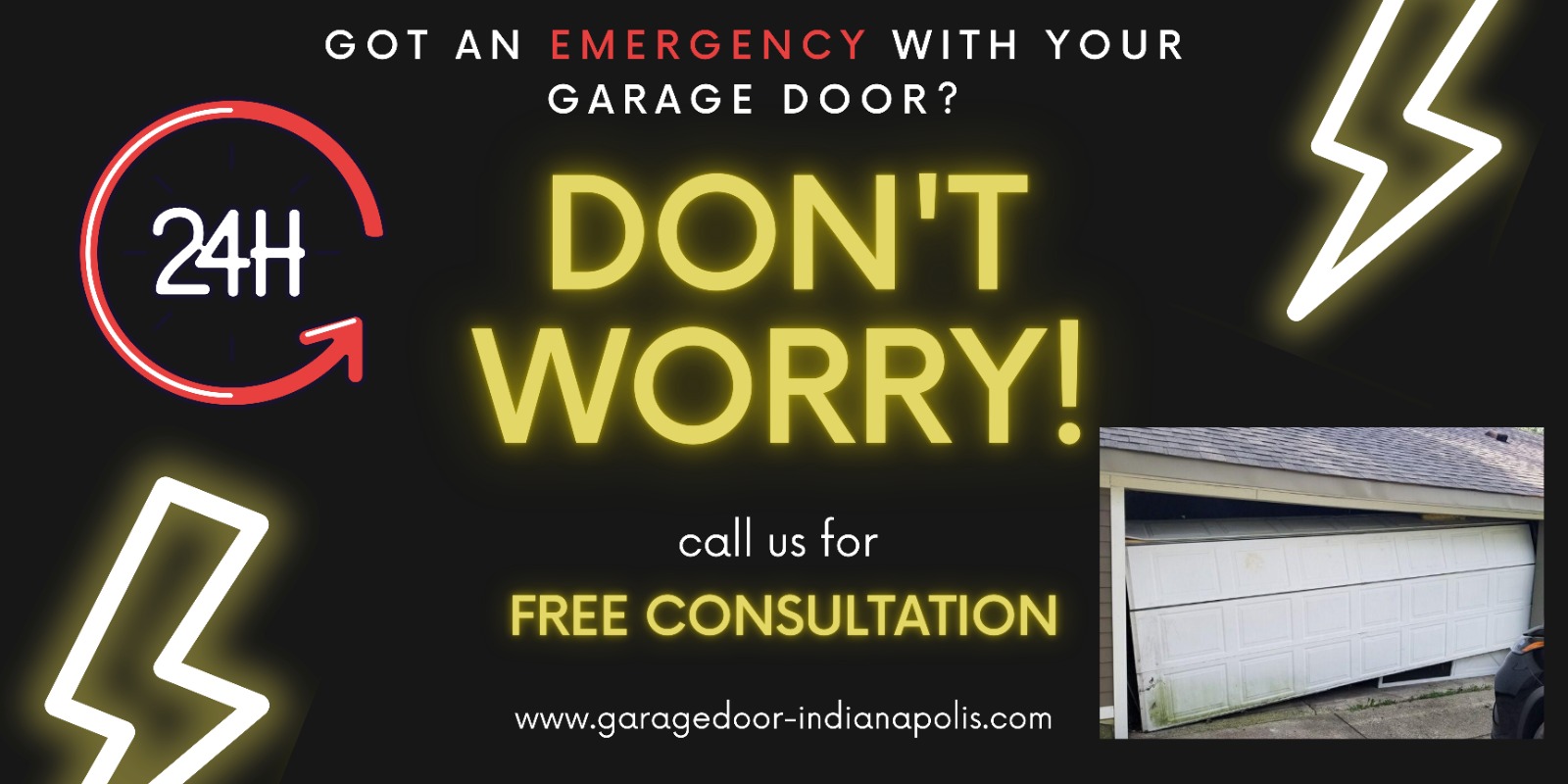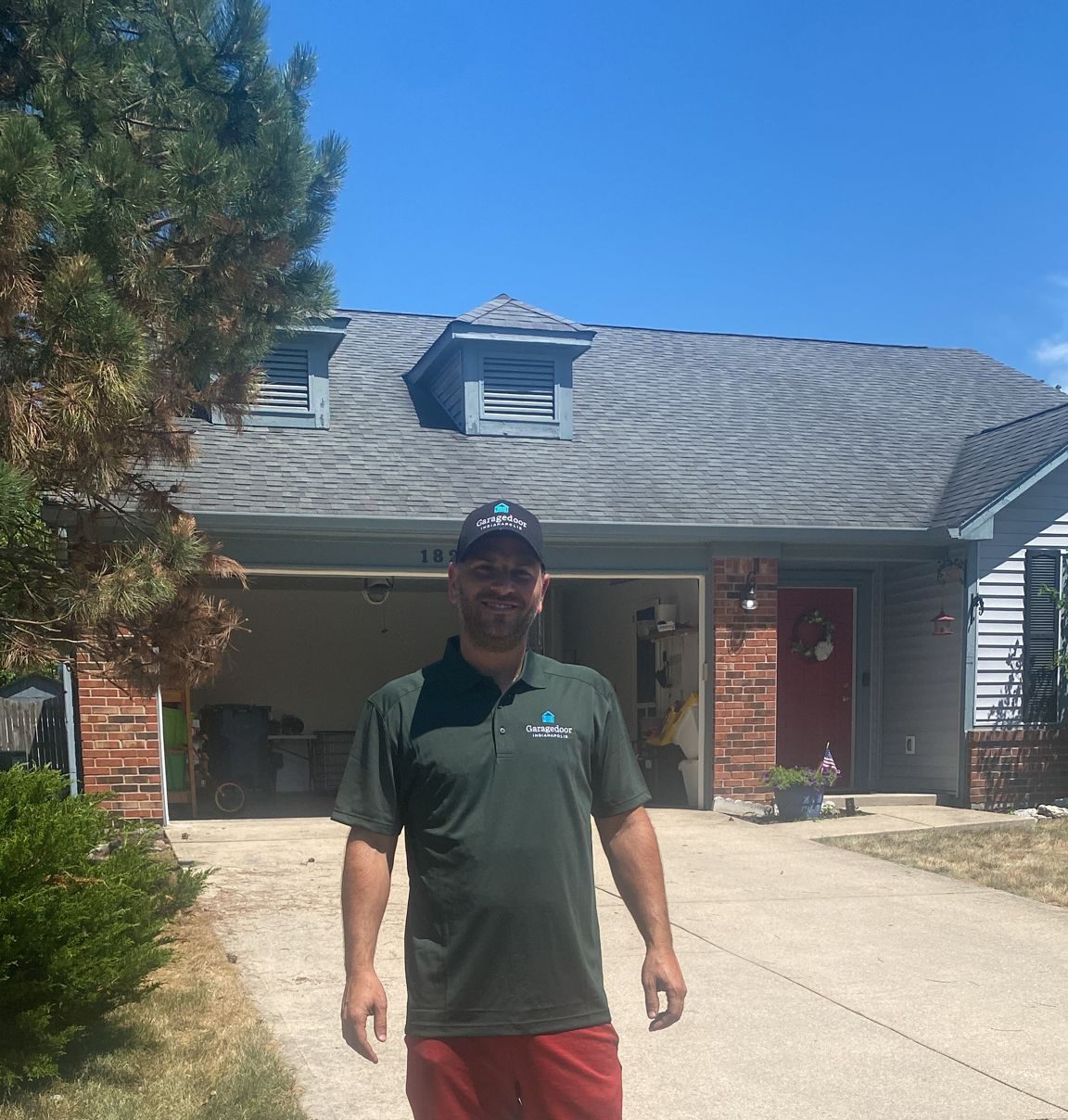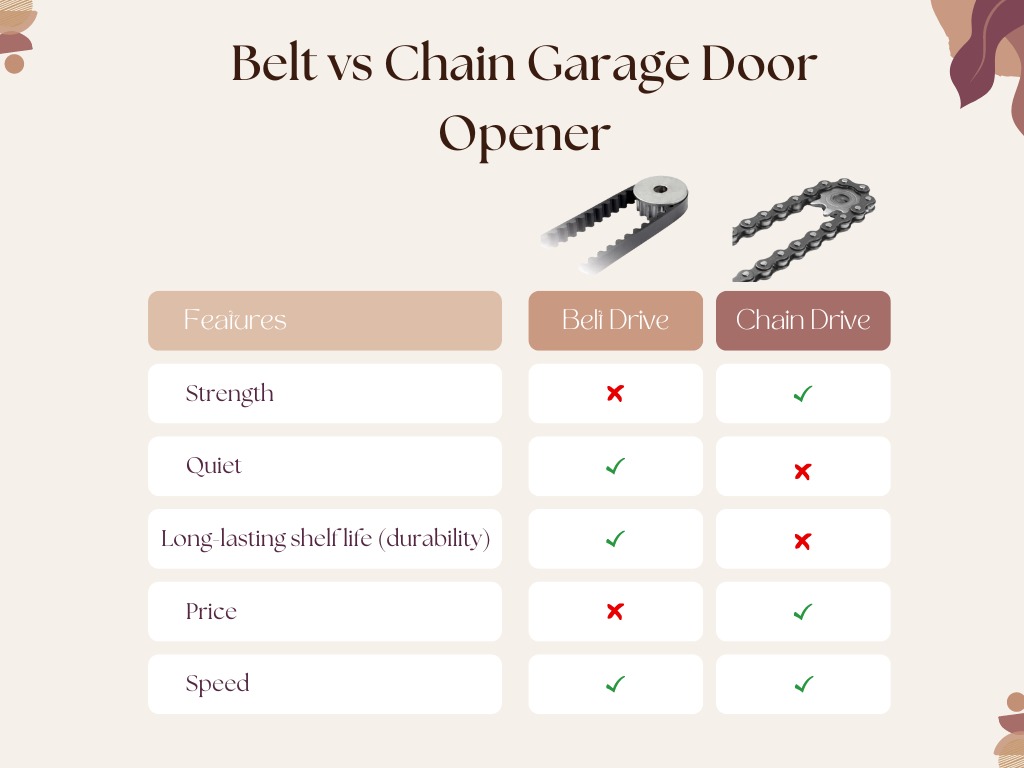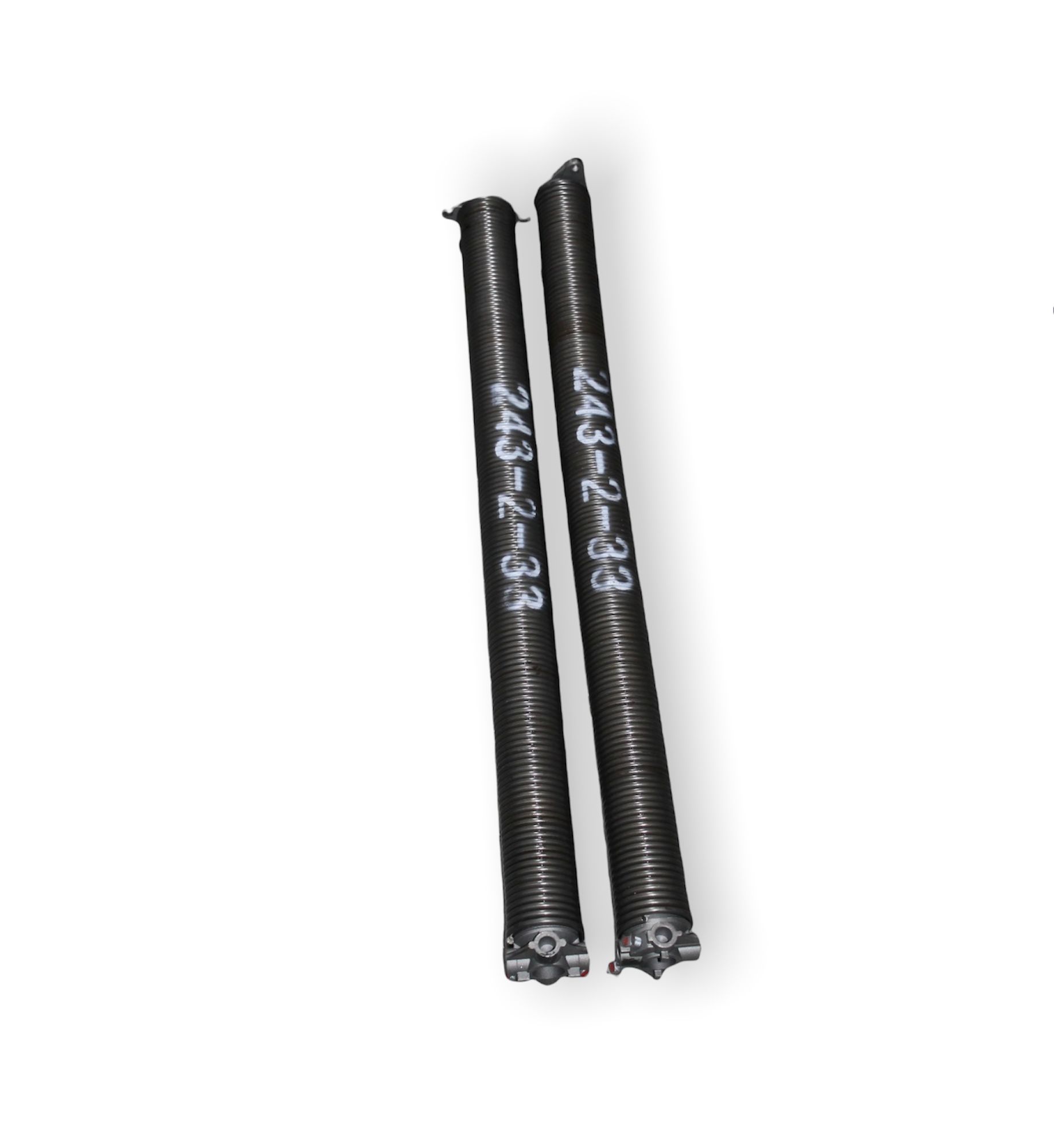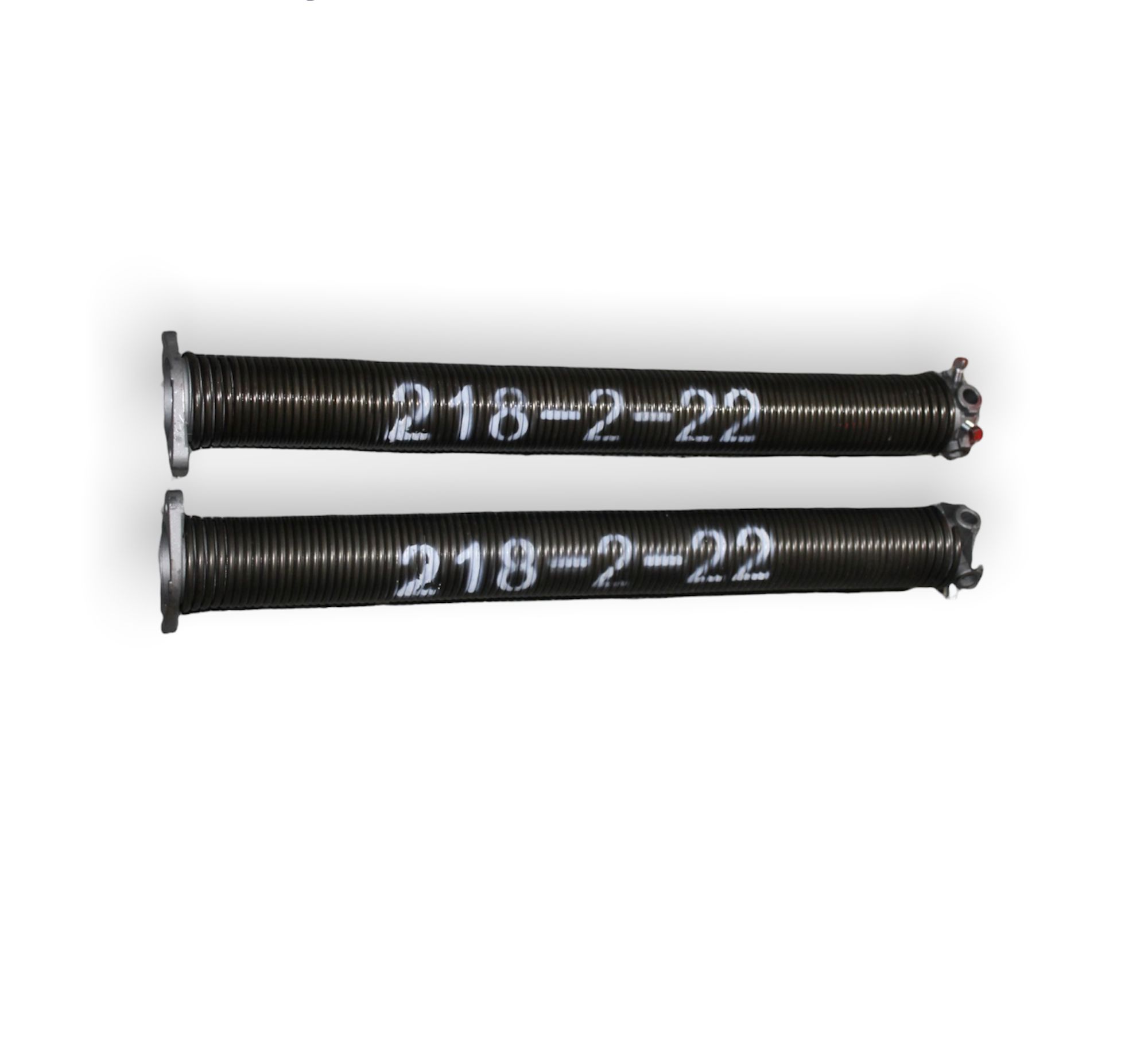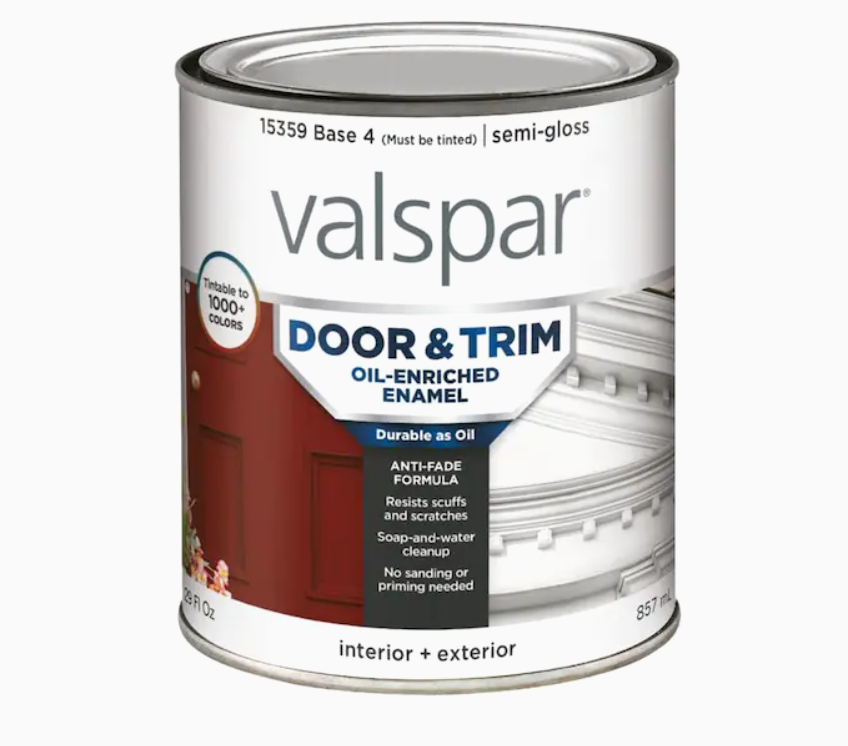Sensitivity to Weather Changes
Garage doors are particularly sensitive to changes in temperature and humidity. In colder climates, metal components can contract, causing misalignment of the garage door mechanism.
This misalignment can lead to operational issues or even prevent the door from opening or closing properly. Conversely, in humid conditions, wooden garage doors can swell, making them difficult to move.
Regular adjustments and maintenance tailored to your climate can mitigate these issues.
Electronic Component Failures
Modern garage doors rely heavily on electronic components, such as remote controls, security sensors, and automatic openers.
These components can fail due to power surges, battery drain, or wear and tear, leading to operational inefficiencies or security vulnerabilities.
Regular testing and maintenance, including battery replacement and reprogramming of electronic components, are essential for avoiding unexpected failures.
Balance Problems
A garage door that is not properly balanced poses significant risks. It may fall suddenly or fail to open or close correctly, potentially leading to injury or damage.
Balance problems can arise from worn springs, cables, or uneven tension.
Homeowners should periodically test the balance of their garage door and seek professional adjustment if necessary, as attempting to adjust springs and cables without proper training can be dangerous.
Rust and Corrosion
Garage doors, especially those made of metal, are susceptible to rust and corrosion, which can degrade their appearance and functionality over time.
This is particularly true in coastal areas where salt air accelerates corrosion. Regular cleaning and application of protective coatings can extend the life of your garage door and keep it operating smoothly.
Obstruction of Safety Sensors
Safety sensors are designed to prevent the garage door from closing if an object or person is detected in its path.
However, these sensors can become obstructed by debris, dust, or misalignment, leading to false triggers or failure to operate when needed. Keeping sensors clean and properly aligned is crucial for ensuring they function as intended.
Noise Issues
Over time, garage doors can develop annoying noises during operation, such as squeaking, grinding, or rattling. These sounds often indicate issues with rollers, hinges, or springs. Identifying the source of the noise can guide targeted maintenance efforts, such as lubricating moving parts or replacing worn components, to restore quiet operation.
Impact of DIY Repairs
While DIY maintenance can save money, improperly executed repairs can lead to further damage or safety hazards.
Understanding the limits of your expertise and when to call in professionals is key.
For example, replacing torsion springs or repairing the automatic opener system are tasks that typically require specialized knowledge and tools.
